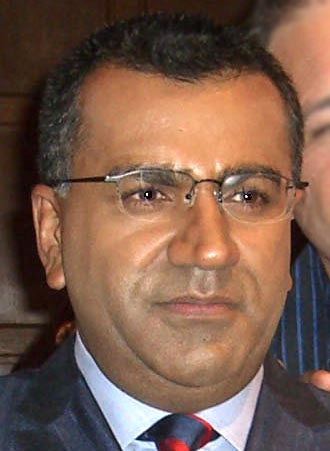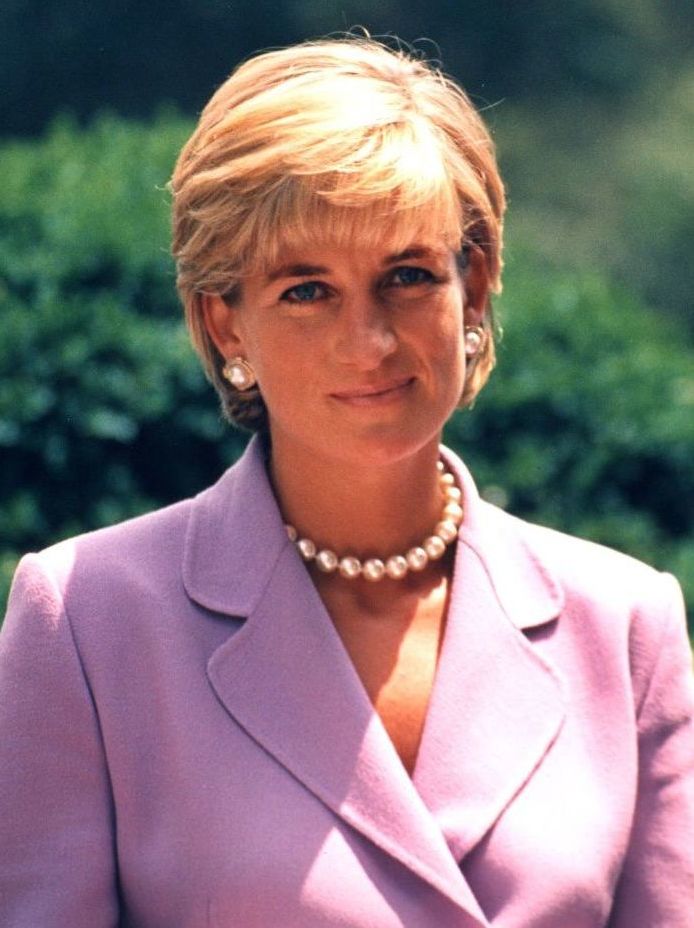
Martin Bashir 
Diana Princess of Wales
1 – The cover up is always worse for you than the original wrongdoing
In politics, as in life, it’s the cover-up that does for you. President Nixon had to go not because of the original break-in at the Watergate Hotel against his Democratic Party opponents, but because of his clumsy attempts to bury the whole episode. Martin Bashir used false documents to put pressure on Princess Diana’s brother and her to concede the exclusive interview that made his career and a lot of money. Management at the highest level in the BBC was aware of his unprofessional and possibly illegal subterfuge not very long afterward but sat on it. Bashir was even rehired a few years ago as a top Religious Affairs correspondent. Bashir is finished as a journalist and the BBC is under attack from all sides but particularly from Tories who want to end a public broadcasting network not run for profit. The cover-up weakens the widespread notion that the BBC has been built on the ideals of independence, integrity, and balanced reporting. Its bond of trust with the British public has been questioned.
2 – Diana was not just a victim but had agency
However one judges the actions of the journalist and the BBC executives the press coverage has all been about the contacts between men – between Bashir and Lord Spencer (Diana’s brother). It takes away the sense that Diana had any agency at all. It infantilises and demeans her ability to make any decisions for herself. So Bashir approached Spencer first as though he was some sort of chaperone for his sister. Although the false documents did perhaps influence the timing of the interview, she was no media virgin and had a clear aim in mind with the interview. She wanted to expose the double standards of her husband, Charles Windsor, who had been carrying on an affair with Camilla Bowles practically from the beginning of the marriage. Diana also pointed out how the Royal Family as a whole, the ‘Firm’, basically took Charles’ side. Indeed Bashir’s ‘apology’ and defence of his actions in his Sunday Times interview (23rd May) makes that very point.
3 – Harry and William Windsor – what they did not say
The public statements by Prince William and Harry about the affair emphasise the original deception and subsequent cover-up by the BBC but studiously avoid any criticism of their father and his responsibility for their mother’s emotional state through his own duplicity in carrying on the affair with Camilla. There is a sort of male solidarity there. Harry Windsor, who these days puts himself forward as some sort of new-age authority on psychological matters even goes so far as to claim there is a direct link between Bashir’s actions and the subsequent death of his mother in the Paris tunnel by the River Seine. The tragedy had a lot more to do with a drunk driver and failure to wear a seatbelt. Probably had nothing to do with the British secret services either.
4 – The hypocrisy of the corporate media
Just as the media unleashed its storm against Bashir and the BBC you had the continued cover-up of the Daniel Morgan affair. Morgan was threatening to expose the links between the Murdoch press and the Metropolitan Police whereby journalists gave lucrative backhanders to the police in exchange for exclusive seats at various police operations. He ended up with an axe in his head. The Dyson report which exposes these links is due to be published but Priti Patel at the Home Office is invoking security issues to prevent it from going out in its present version. Of course, this is just one notorious example of the far more numerous and systematic use of illegal, semi-legal, and other disreputable methods used by the British press to get the stories that sell their papers that make them profits. Usually, it is not royalty or the rich who are the targets of their stories but working people and others who do not have much power or the money to hire the best lawyers. Think of the lies told about the Liverpool fans in the Hillsborough tragedy – said to be drunk and urinating on casualties. Even when it comes to bashing celebrities the press often hones in on the more working-class ones such as Big Brother contestant Jade Goody. The corporate media would be quite happy to see the end of the BBC as a public broadcaster and take its share of the market. We criticise how the BBC uses a false balance in reporting on the ‘conflict’ between the Israeli army and Hamas ‘terrorists’ rather than yet another one-sided assault on the Palestinian people. However, we defend it against Tory attempts at privatisation and call for a radical democratic reform – see a fuller explanation here.
5 – Royal stories keep distracting us from real news
On the day of one of the biggest Palestine solidarity demonstrations ever seen in this country, some of Radio 4 News bulletins did not even mention them. The news was dominated by the Bashir/Diana affair. Royal correspondents were engaged by the dozen, many ex-BBC executives were recruited to give their opinion and Tory MPs were given free rein to pursue their attacks on public broadcasting. There is precious little considered balance in the way news editors decide on how much time to be given to different stories. Jonathan Freedland in a recent Guardian article, explaining why Israel was losing the propaganda war for global public opinion, made a subsidiary point about the relative number of international correspondents stationed in Gaza or Tel Aviv compared to the very, few assigned to the mass slaughter in Rohingya or in Yemen. The same could be said of the coverage of the Covid pandemic in the global south compared to Europe or the USA. As long as people are reading endless guff about the Royal Family they have less time to consider, for example, the way the pandemic has been worse in Britain because of the extreme inequality even compared to other capitalist countries in Europe.
One piece of encouraging news however is the latest YouGov poll (Independent 24th May) into attitudes to the Royal family. It shows that more young people (41%) between the ages of 18 and 24 want to abolish the monarchy than to preserve it (31%). More positive still is the trend with this being a reversal of the same poll two years ago when the proportions were nearly the opposite (46% for preserving and 26% against). If you take all adults between 18 and 49 the figures for keeping the monarchy are also in decline, down to 53%, a 5 point drop. There is still hope for republicans and socialists.


The entire response from the 2 ‘princes’ to the media guru’s and Tory scumbags reeks of hypocrisy. You’d never guess that the royal marriage came unstuck not due to Bashir, but because the princes’ father was screwing someone else.